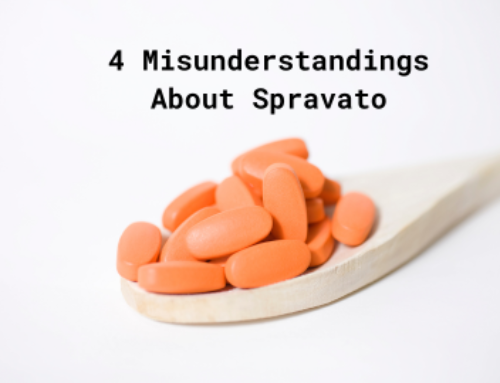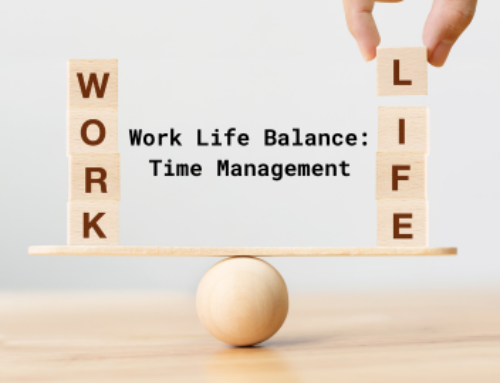An Unseen Menace
Every year in the United States, thousands of people take their own lives. Suicide may have taken someone in your life or hurt people you know.
Suicide is preventable, but it’s not as simple as that. You can’t always know when someone is having suicidal thoughts. Many sufferers don’t want anyone to know because they feel alone and ashamed. It’s not your fault if you lose someone without knowing there was a problem, and sometimes we try to help and end up losing them anyway. But, if there’s any way we can make someone less likely to leave before their time, we should use those tools.
The Signs of Suicidal Ideation
Not everyone will display these signs, but these are each causes for concern. Remember that the pain of mental illness strikes without regard for age, ethnicity, socioeconomic status, gender, or the existence of trauma.
- Past suicide attempts or self-harming behavior can make it easier for a person to get to that place again.
- Engaging in destructive behaviors like substance abuse or risky sex could be a sign that their general quality of life is in serious decline.
- If the sufferer speaks of not wanting to be exist anymore, feeling hopeless, or feeling like the world would be better off without them, that is suicidal ideation.
- An attitude of finality, as if there is no way out of their pain but to end it all.
- Withdrawing from normal activities, e.g. leaving a job or social group.
- “Putting their affairs in order.” This can manifest as giving away or selling possessions, tidying up legal matters like wills, and saying goodbye to friends and family.
- Acquiring access to potentially lethal items like firearms or hoarding medication.
- A suddenly calm demeanor when the person had previously been depressed, anxious, or angry. This can be a sign that they have made a firm decision to end their life.
What Do I Do?
Never confront the sufferer as if they’re doing something wrong. When you’re trying to help someone, we often feel the urge to solve the problem quickly and completely, but we have to understand that people have to not only accept help, but actively pursue recovery. That can be extremely difficult for those suffering from mental disorders and/or trauma that is leading them down this path. It is wise to seek advice from a professional before taking serious action such as an intervention, but there are some simple but invaluable things you can do on your own.
Check in frequently with your acquaintances and loved ones. A simple reminder that someone notices and cares for them can make a big difference. Never invalidate someone’s feelings but do impress upon them that this does not have to last forever and that things can change for the better in tangible ways. If you tell someone that you’ll be there for them, commit to that. We all deserve to know that we are seen, loved, and wanted.
The Suicide Prevention Lifeline is available at all times at 1-800-273-8255. The hotline is not only useful as a resource in a crisis but can provide resources for continuing care. If you are exploring options for psychotherapy for yourself or a loved one, call or write us today. We’re always happy to answer questions and help in any way we can.





